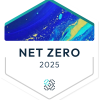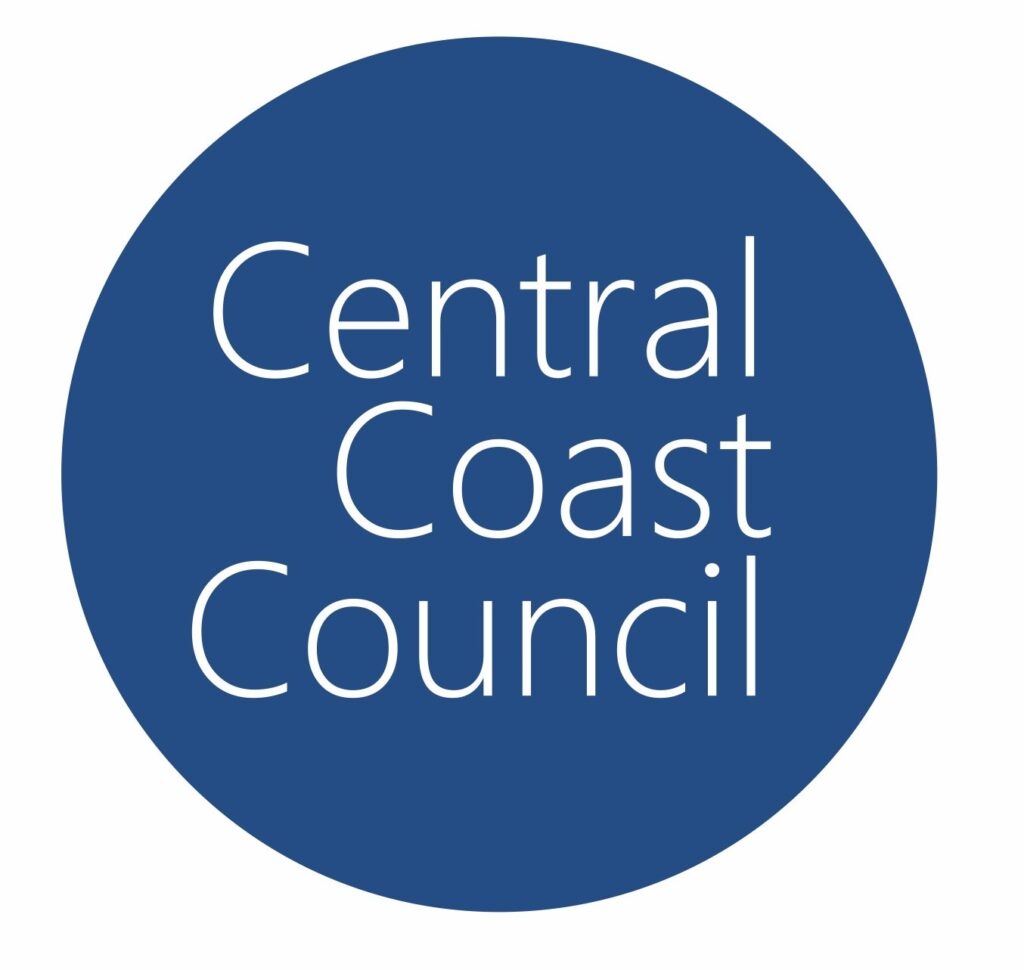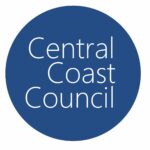From industrial processes and energy production to agriculture and urban planning, how we manage water directly impacts carbon emissions, resource efficiency, and sustainability goals.
Water is a critical resource in the transition to a Net Zero economy. From industrial processes and energy production to agriculture and urban planning, how we manage water directly impacts carbon emissions, resource efficiency, and sustainability goals.
In this lesson, students will conduct scientific investigations and experiments to explore how water use, conservation, and treatment can impact a decarbonised economy. They will analyse water as a key factor in sustainability strategies, studying innovative technologies such as water recycling and desalination.
Through hands-on experiments, data analysis, and industry case studies, students will gain practical scientific insights into how businesses and governments are adapting water management to achieve Net Zero.
Industry Lead / Collaborator & Resources
Lesson Sequence 1: Scientific Investigations into Water & Net Zero
Lesson Sequence 2 The Challenge of Decarbonising Water
Suggested Syllabus/KLA Alignment

BIOACTION
Environment Technology & Manufacturing

Going Net Zero
Emerging Net Zero Leader
Wastewater management is one of the most energy-intensive systems in our society. Every day, we use vast amounts of energy to treat wastewater—often to a higher standard than the water stored in our dams—only to discharge it into the ocean. In a world striving for Net Zero emissions, this model is no longer sustainable.
In this lesson, students will explore the challenge of reducing the energy footprint of wastewater management in a decarbonised future. Rather than focusing solely on technology, they will approach the issue through a social lens—asking a powerful question: What if we simply used less water?
By applying design thinking, students will identify a water usage habit in their community and develop a strategy to change it. Through collaboration and industry engagement, they’ll uncover how small shifts in behaviour can lead to big impacts in energy savings and sustainability.
Industry Lead / Collaborator & Resources
Lesson Sequence
Lesson Number | Learning Objective | Summary of Lesson | Key Knowledge by the End of the Lesson |
1 | Understand the significance of water in society | Introduction to the importance of water, video from the industry, and classroom discussion. | Students will understand why and how we use water in local communities. |
2 | Examine how energy is used in water management | Discussion on energy usage in water management, supported by statistics and case study videos. | Students will identify how energy is used in water treatment and distribution. |
3 | Explore methods to reduce water and energy use | Students brainstorm and discuss strategies to reduce water and energy consumption. | Students will learn practical ways to decrease water and energy usage in daily life. |
4 | Investigate behavioural change techniques | Discuss various methods to influence behavioural change such as gamification, SMART technology, and others. | Students will comprehend different tools and strategies for driving sustainable behaviours. |
5 | Develop community-focused solutions to water wastage | Groups pick a local water management issue and propose innovative solutions. | Students will apply their understanding to solve real problems in their communities. |
Suggested Syllabus/KLA Alignment

BIOACTION
Environment Technology & Manufacturing

Going Net Zero
Emerging Net Zero Leader

This Central Coast Council Project is an economic development strategic initiative (from the Central Coast Economic Development Strategy 2040) designed to foster collaboration between education, industry, government, and the broader community. The project’s central hub has been named Central Coast Education Networks.
Council’s program supplier is MCB Business Partners, under the leadership of the Central Coast Council’s Economic Development Section. The project aims to create and enhance school programs & lessons that inspire young people to connect with commerce on the Central Coast and all its opportunities.
We acknowledge the Traditional Custodians of the land on which we live, work and play. We pay our respects to Darkinjung country, and Elders past and present. We recognise the continued connection to these lands and waterways and extend this acknowledgement to the homelands and stories of those who also call this place home. We recognise our future leaders and the shared responsibility to care for and protect our place and people.

This Central Coast Council Project is an economic development strategic initiative (from the Central Coast Economic Development Strategy 2040) designed to foster collaboration between education, industry, government, and the broader community. The project’s central hub has been named Central Coast Education Networks.
Council’s program supplier is MCB Business Partners, under the leadership of the Central Coast Council’s Economic Development Section. The project aims to create and enhance school programs & lessons that inspire young people to connect with commerce on the Central Coast and all its opportunities.
We acknowledge the Traditional Custodians of the lands on which we live, learn, and work. We pay our respects to Elders past, present, and emerging and recognise their ongoing connection to Country, culture, and community. We are committed to walking alongside First Nations peoples in the spirit of reconciliation and respect.

Thanks for your interest in piloting the Central Coast Education Network Learning Resources in your classroom. Please provide some contact details and the Learning Themes that are of interest to you and we’ll keep you updated. We look forward to collaborating with you!

Welcome! Thanks for your interest in Central Coast Education Networks. If you could fill in the form that follows so we can stay in touch with you, that would be great. We look forward to connecting and working with you shortly.

Central Coast Education Networks is A Central Coast Council Economic Development Initiative
This Central Coast Council Project is an economic development strategic initiative (from the Central Coast Economic Development Strategy 2040) designed to foster collaboration between education, industry, government, and the broader community. The project’s central hub has been named Central Coast Education Networks.
Council’s program supplier is MCB Business Partners, under the leadership of the Central Coast Council’s Economic Development Section. The project aims to create and enhance school programs & lessons that inspire young people to connect with commerce on the Central Coast and all its opportunities.

Central Coast Education Networks is A Central Coast Council Economic Development Initiative
This Central Coast Council Project is an economic development strategic initiative (from the Central Coast Economic Development Strategy 2040) designed to foster collaboration between education, industry, government, and the broader community. The project’s central hub has been named Central Coast Education Networks.
Council’s program supplier is MCB Business Partners, under the leadership of the Central Coast Council’s Economic Development Section. The project aims to create and enhance school programs & lessons that inspire young people to connect with commerce on the Central Coast and all its opportunities.